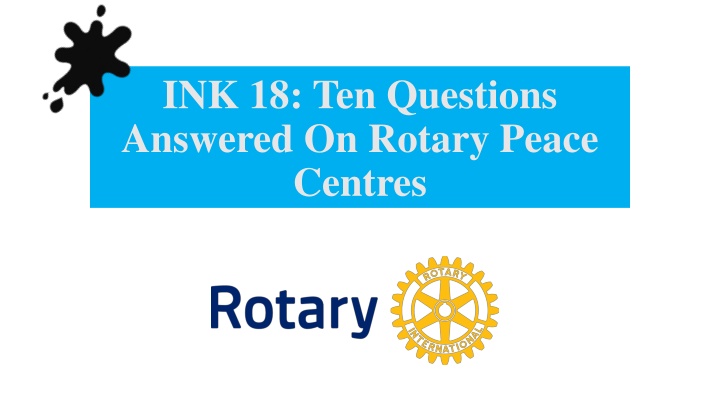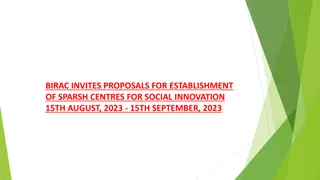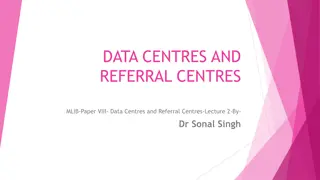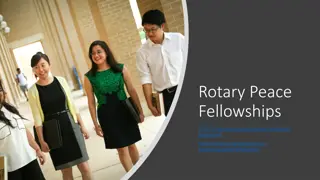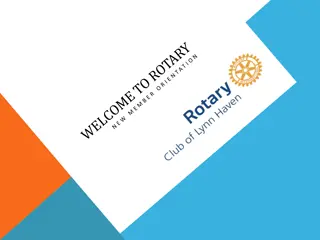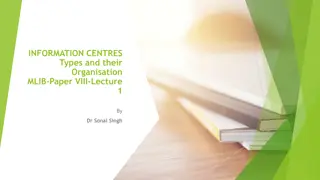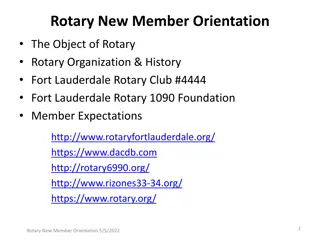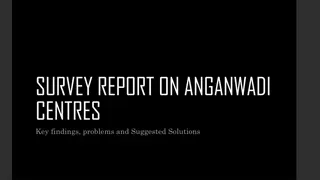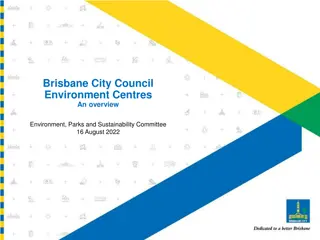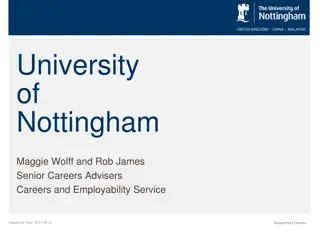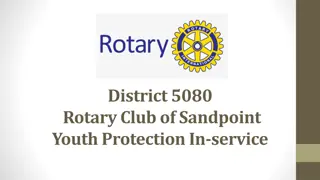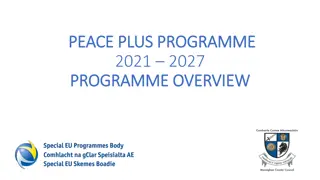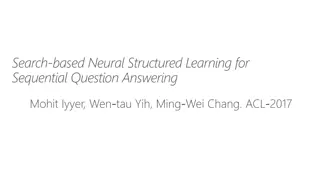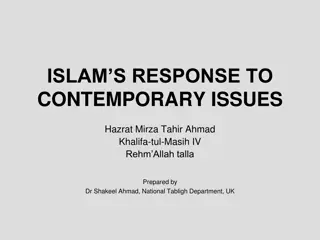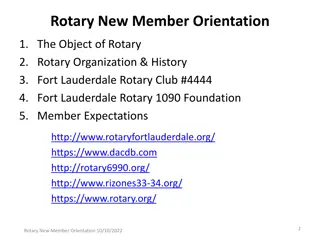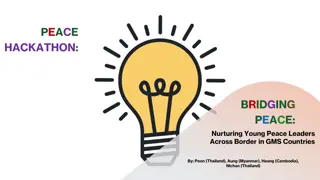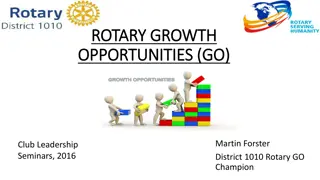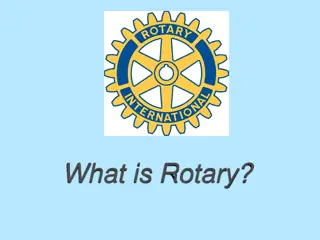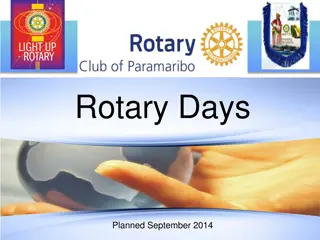Rotary Peace Centres - Answering Questions
How Rotary promotes peace through Peace Centres located worldwide, training individuals in conflict resolution and humanitarian efforts. Learn about fellowship opportunities and the impact of graduates in various fields and organizations.
Download Presentation

Please find below an Image/Link to download the presentation.
The content on the website is provided AS IS for your information and personal use only. It may not be sold, licensed, or shared on other websites without obtaining consent from the author.If you encounter any issues during the download, it is possible that the publisher has removed the file from their server.
You are allowed to download the files provided on this website for personal or commercial use, subject to the condition that they are used lawfully. All files are the property of their respective owners.
The content on the website is provided AS IS for your information and personal use only. It may not be sold, licensed, or shared on other websites without obtaining consent from the author.
E N D
Presentation Transcript
INK 18: Ten Questions Answered On Rotary Peace Centres
{01} What is Rotary Mainly About? The ultimate part of the Object of Rotary is to encourage and foster the advancement of International understanding, goodwill and peace
{02} What is the Rotary Foundations First Area of Focus? Peace and conflict prevention/resolution Disease prevention and treatment Water and sanitation Maternal and child health Basic education and literacy Economic and community development
{03} How Does Rotary Promote Peace? Apart from Global Humanitarian work, Rotary has set up Peace Centres to train people to be Peace Makers
{04} Where are The Peace Centres? Peace Centres are set up at Universities in: USA(Duke Uni. & Uni. of Nth Carolina) Japan (International Christian Uni Tokyo) England (Uni. Of Bradford) Sweden (Uppsala Uni.) Thailand (Chulalongkorn Uni. Bangkok) Australia (Uni. of Queensland)
{05} How Do They Work? Each year, Rotary International selects up to 100 individuals from around the world to receive fully funded academic fellowships at one of their peace centres. These fellowships cover tuition and fees, room and board, round-trip transportation, and all internship and field-study expenses. Programs last 15 to 24 months
{06} What Happens to the Graduates? Graduates become catalysts for peace and conflict prevention and resolution in their communities and around the globe. They are reintegrating refugees in Sudan are creating jobs for disadvantaged women in India are supporting reconstruction in devastated regions of the world
{07} Where do they work? NGO s Government Agencies Teaching & Research United Nations Law & Law Enforcement Journalism World Bank
{08} What has been achieved? In just over a decade, the Rotary Peace Centers have trained more than 900 fellows for careers in peace building
{09} D9780 Peace Scholar? Lucinda Garrido became District 9780 s first Rotary Peace Fellow and commenced her studies in Buenos Aires, Argentina in February 2011. She later transferred to the University of Queensland where she completed her Masters in International Studies (Peace & Conflict Resolution), graduating in June 2013.
{10} What we can do? We can donate to Peace Centres as individuals Our Club can donate money raised from a fund raiser We can invite Australian Peace scholars to speak to us We can make others aware of these facts
